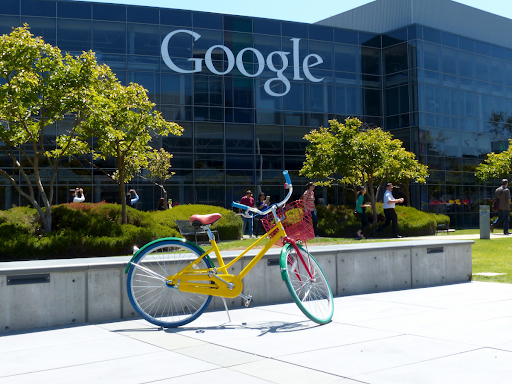Quantum coherence, the maintenance of definite phase relationships between quantum states, is essential for quantum computing. Loss of coherence through decoherence represents the primary challenge in quantum computing.
Coherence enables interference effects that are crucial for quantum algorithms. Without coherence, quantum states behave classically and provide no computational advantages.
Coherence time, measuring how long quantum states maintain their properties, directly limits how long quantum computations can run. Extending coherence times enables more complex quantum algorithms.
Different qubit types have different natural coherence times. Superconducting qubits typically have shorter coherence than trapped ions, though trade-offs exist in other properties.
Environmental isolation, purified materials, and careful control minimize decoherence sources. Each improvement in maintaining coherence expands quantum computing capabilities.
Understanding decoherence mechanisms through detailed study enables targeted mitigation strategies. Physics of decoherence remains an active research area informing quantum computing development.

